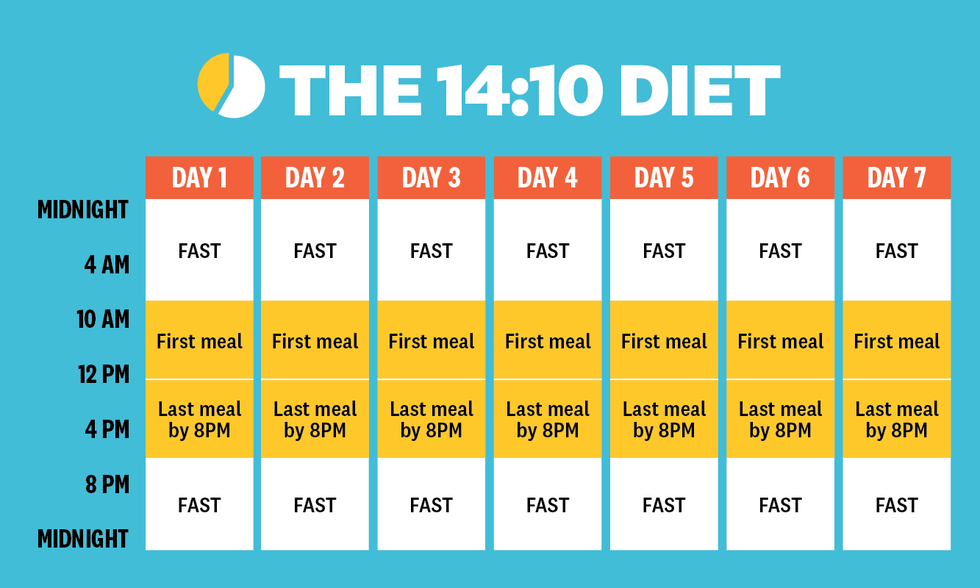Intermittent fasting has become quite the phenomenon these days. Recent studies showed that people who tried it have lost weight, increased health, and believed to have a long lifespan. Basically, intermittent fasting is a pattern of eating that alternates between periods of fasting, usually consuming only water. And non-fasting, usually eating anything a person want no matter how fattening. In other words, a person can eat anything he wants during a 24-hour period and fast for the next 24 hours. This approach to weight control seems to be supported by science. As well as religious and cultural practices around the globe. Adherents of intermittent fasting claim that this practice is a way to become more circumspect about food.
There are many different popular intermittent fasts and hundreds more possible variations. There are two kinds of intermittent fasts that are most basic and frequently used. First is the daily fasting in which the person only gets to eat once every 20-28 hours within a 4-hour period. The second is fasting for 1-3x a week, also called alternate day fasting. In which a person eats anything he wants on one day and fast the whole of next day.
Intermittent fasting has many beneficial effects as tested on animals like rodents and primates. One study found that there has been a “reduced serum glucose and insulin levels and increased resistance of neurons in the brain to excitotoxic stress”. In 2008, a study on intermittent fasting showed that lifespan increases of 40.4%. And 56.6% in C. elegans for alternate day (24 hour) and two-of-each-three day (48 hour) fasting, respectively, as compared to an ad libitum diet. And a 2009 study showed that intermittent fasting on rats improved long-term survival after chronic heart failure via pro-angiogenic, anti-apoptotic and anti-remodeling effects.
Researchers caution that only a few studies have been done on humans who are practicing intermittent fasts. The effects of exercise and meal frequency on body composition are an interesting but largely unexplored area of research. However, there are some positive results. Just last month, the Proceedings of the National Academy of Sciences published a study showing. That reducing calories 30% a day increased the memory function of the elderly. In 2007, the journal Free Radical Biology & Medicine published a study that showed asthma patients who fasted had fewer symptoms, better airway function and a decrease in the markers of inflammation in the blood than those who didn’t fast.

